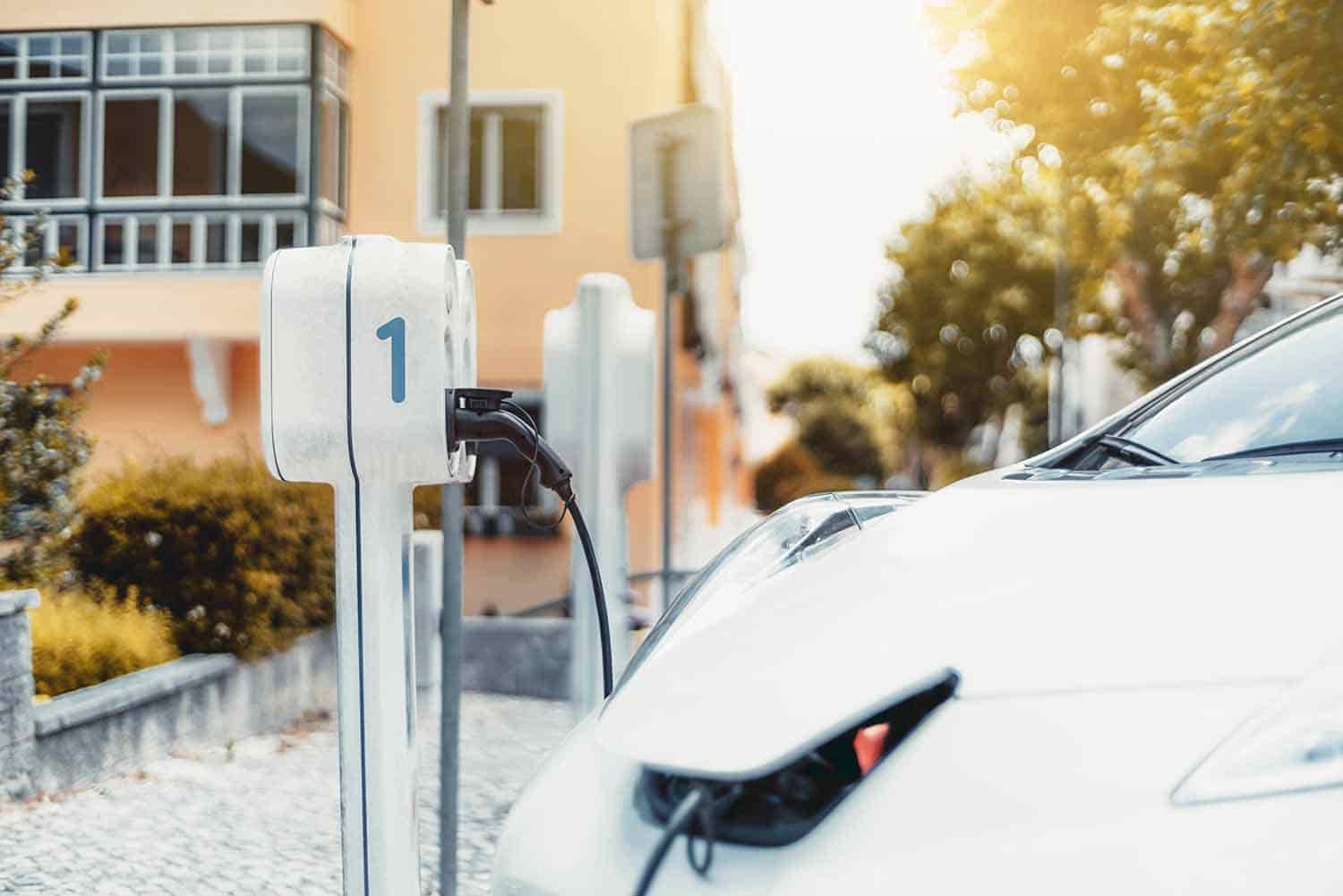healthmyths
Platinum Member
- Sep 19, 2011
- 29,727
- 11,123
- 900
In 2020, there were 286.9 million cars registered in America.
In 2020, while the US grid had 1,117.5TW of utility electricity capacity and 27.7GW of solar, according to the US Energy Information Administration.
If all the cars were EVs charging at 7kW, they would need 2,008.3TW – nearly twice the grid capacity.
(NOTE... Total current US grid capacity:1,244TWs:
Required charging: 2,008.3TW and remember that's assuming ONLY cars are charging...
what about your refrigerator , A/C , TV, Internet...all use electricity including the factories processing your food!)
If they charged at 50kW, they would need 14,345TW – 12.8 times the capacity.

 www.forbes.com
SO FOLKS... If we were all electric cars today...
www.forbes.com
SO FOLKS... If we were all electric cars today...
A typical electric car (60kWh battery) takes just under 8 hours to charge from empty-to-full with a 7kW charging point. Most drivers top up charge rather than waiting for their battery to recharge from empty-to-full. For many electric cars, you can add up to 100 miles of range in ~35 minutes with a 50kW rapid charger.Nov 11, 2021

 pod-point.com
pod-point.com
In 2020, while the US grid had 1,117.5TW of utility electricity capacity and 27.7GW of solar, according to the US Energy Information Administration.
If all the cars were EVs charging at 7kW, they would need 2,008.3TW – nearly twice the grid capacity.
(NOTE... Total current US grid capacity:1,244TWs:
Required charging: 2,008.3TW and remember that's assuming ONLY cars are charging...
what about your refrigerator , A/C , TV, Internet...all use electricity including the factories processing your food!)
If they charged at 50kW, they would need 14,345TW – 12.8 times the capacity.

Electricity Grids Can Handle Electric Vehicles Easily – They Just Need Proper Management
One of the most frequent concerns you will see from electric vehicle haters is that the electricity grid can’t possibly cope with all cars becoming EVs. However, they haven’t done the math properly. The grids in most developed nations will be just fine. Here’s how.
 www.forbes.com
www.forbes.com
A typical electric car (60kWh battery) takes just under 8 hours to charge from empty-to-full with a 7kW charging point. Most drivers top up charge rather than waiting for their battery to recharge from empty-to-full. For many electric cars, you can add up to 100 miles of range in ~35 minutes with a 50kW rapid charger.Nov 11, 2021

How Long Does It Take to Charge an Electric Car? | Pod Point
A complete guide on how long it takes to charge an electric car, the factors that influence charging time and the concept of top-up charging.


 whatever!
whatever! 